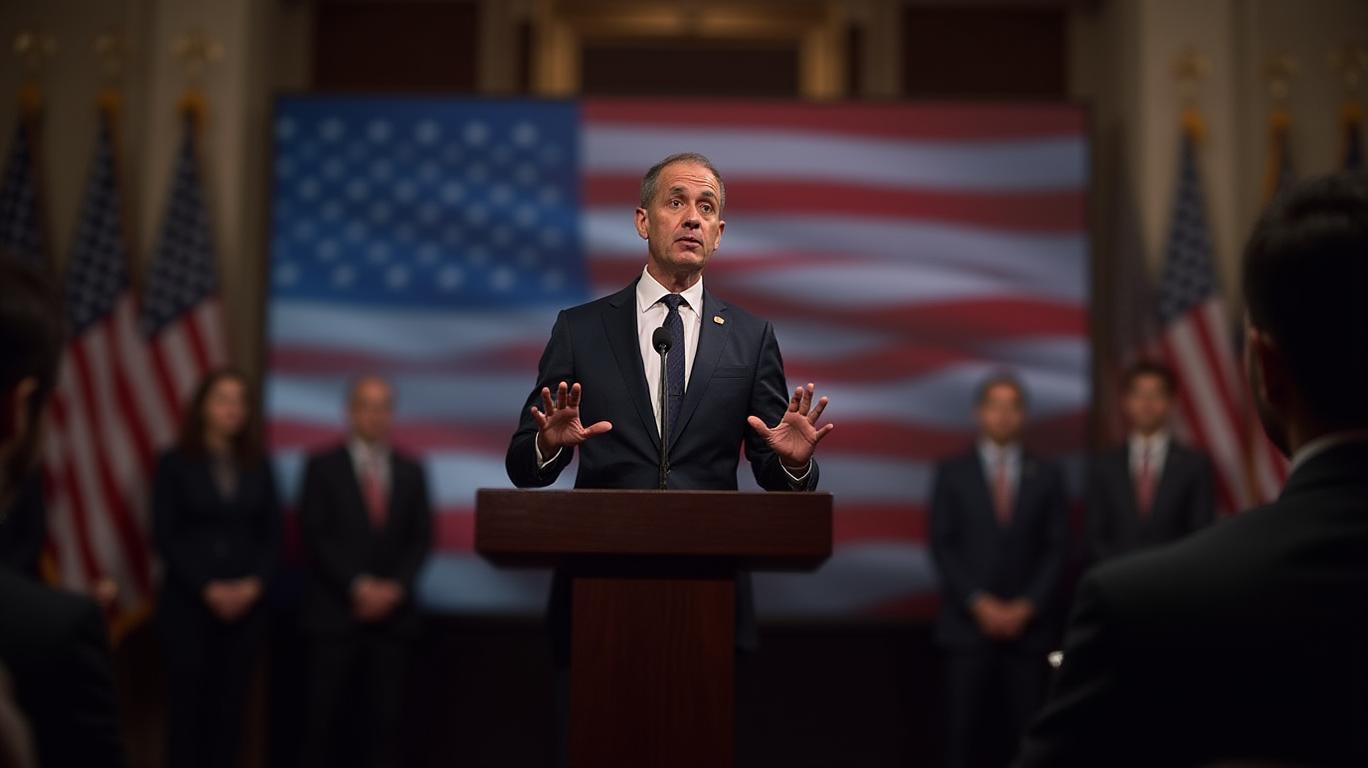Commerce Secretary Lutnick Criticizes Trump's Tariff Policies Amid Economic Uncertainty
Commerce Secretary Howard Lutnick has privately expressed his dissatisfaction with President Trump's erratic approach to tariffs, describing it as "not thrilled" to his friends. This private sentiment reflects a growing concern within the administration about the unpredictable nature of Trump's trade policies. Lutnick's reservations highlight the potential difficulties in negotiating trade deals with key partners, as the fluctuating tariff policies could complicate diplomatic efforts and strain international relations.
The administration's tariff policies have already had significant economic repercussions. Trump's threats of a 200% tariff on EU wines, champagnes, and alcoholic products have further escalated tensions, raising concerns about the potential for a full-blown trade war. The unpredictable nature of these policies has created an atmosphere of uncertainty, making it difficult for businesses and consumers to plan for the future.
Lutnick's concerns are not unique; they reflect a broader sentiment within the administration and among economic analysts. The volatile trade policies have been cited as a major risk to the U.S. economy, with some analysts predicting a potential recession. The administration's approach to tariffs has been described as a "top threat" to the economy, surpassing even inflation in terms of concern. This volatility has led to a decline in economic indicators and has rattled investors, who are increasingly wary of the potential fallout from Trump's trade policies.
The administration's internal deliberations on new tariffs, involving key figures like Vice President JD Vance, Commerce Secretary Howard Lutnick, White House aide Peter Navarro, and Treasury Secretary Scott Bessent, suggest a continued push to upend the global trade order. However, the logistical challenges and potential economic fallout from such a move have alarmed economists and some congressional Republicans. The administration's insistence on moving forward with these policies, despite the risks, underscores the deep divisions within the government and the broader economic community regarding the best path forward for U.S. trade policy.

Quickly understand the history and background of various well-known coins
Latest Articles
Stay ahead of the market.
Get curated U.S. market news, insights and key dates delivered to your inbox.



Comments
No comments yet